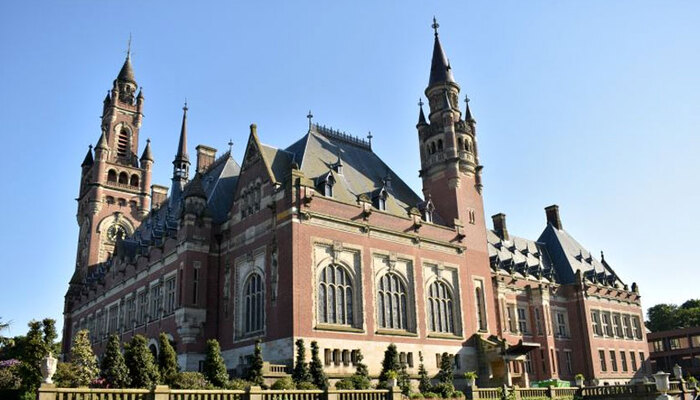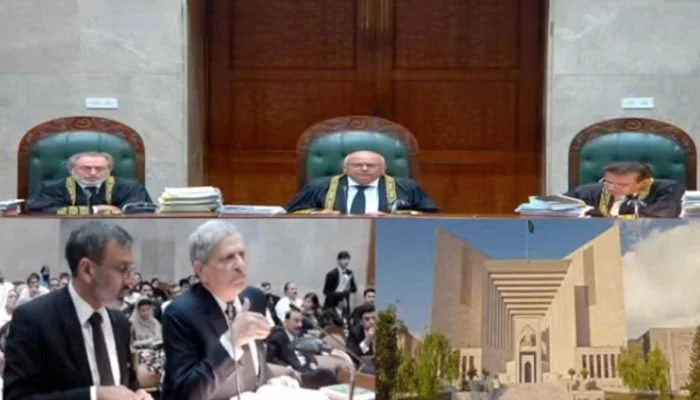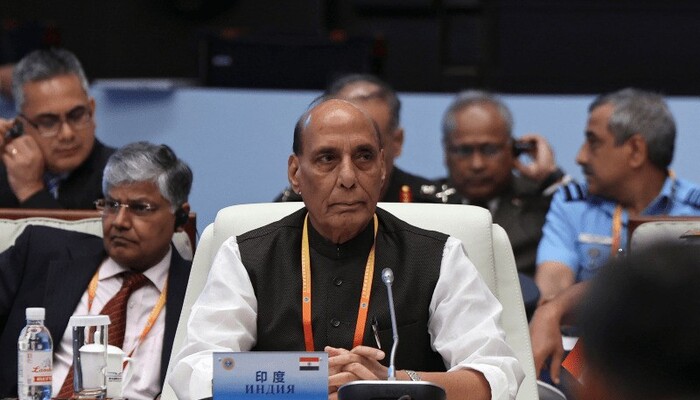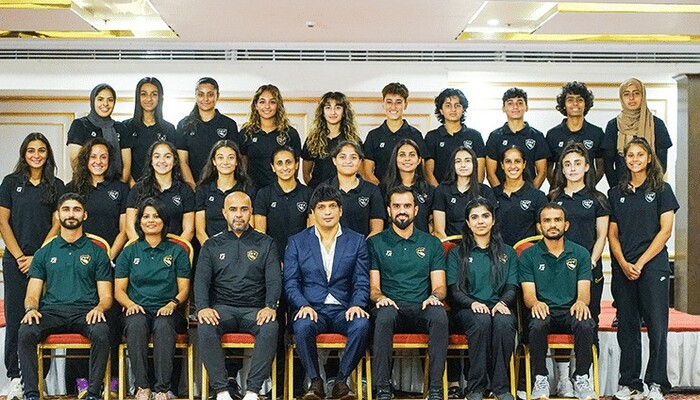
Chief Justice of Pakistan Yahya Afridi has highlighted a growing wave of judicial cooperation as he detailed the judiciary’s reform agenda and technological shift following his recent visits to China and Turkey. In a candid session with Supreme Court beat reporters, he discussed his efforts to transform Pakistan’s judicial system, reduce case backlogs, and deepen international partnerships.
Strengthening International Legal Ties
CJP Afridi led a five-member delegation to China, where Pakistan signed a mutual cooperation agreement with the Chinese judiciary. The agreement covers collaboration on case management, reforms, and the use of artificial intelligence in judicial processes.
The Chinese judicial system, which operates through four tiers like Pakistan’s, impressed the Pakistani delegation with its efficiency. “They were surprised by our backlog of cases,” Afridi said. “We told them we came to learn, especially how to resolve cases swiftly using technology.”
He also confirmed a meeting with the Chief Justice of India during the same visit. However, due to current regional tensions, Afridi said he would disclose details “at the right time.”
Read: Punjab Greenlights E-Taxi Pilot with 1,100 Electric Cabs
Technology-Driven Reforms
Afridi emphasized Pakistan’s shift towards a paperless system. From June 15, the Supreme Court will only accept soft copies for case filings. He also praised high courts for adopting digital solutions ahead of the apex court and announced plans for an online case database.
Addressing Backlog and Criminal Cases
Three new benches in the Supreme Court will handle criminal cases, including one dedicated to death penalty matters. Afridi stressed the urgency, citing 1,200 pending life imprisonment cases.
To boost productivity, an evening shift (2pm–5pm) will be introduced with a 50% salary bonus for judges who opt in.
Judicial Recruitment and Policy
Afridi proposed holding judicial recruitment exams every six months to reduce delays. He expressed concern over low pass rates and the slow re-examination process.
He also confirmed that enforced disappearances will be a top agenda item at the upcoming National Judicial Policy-Making Committee (NJPMC) meeting on May 26–27.
Encouraging media to highlight reforms, Afridi concluded, “Tell people that better days are coming. Hope is important.”
Follow us on Google News, Instagram, YouTube, Facebook,Whats App, and TikTok for latest updates












